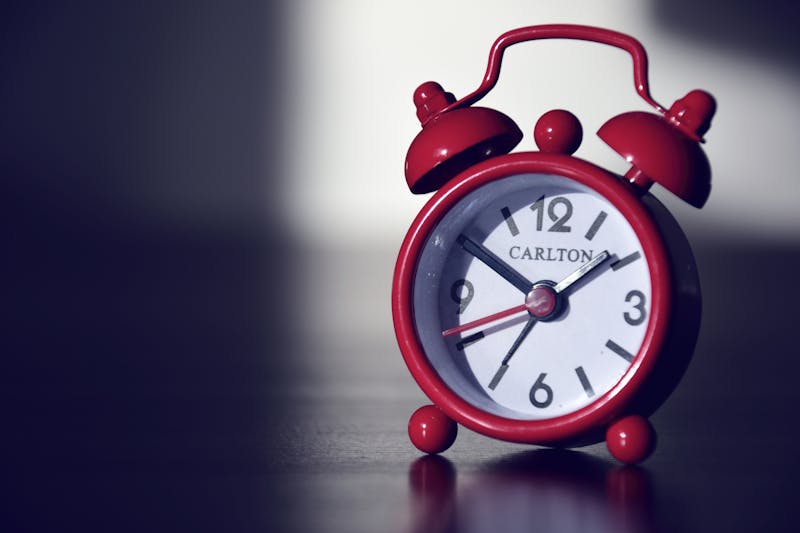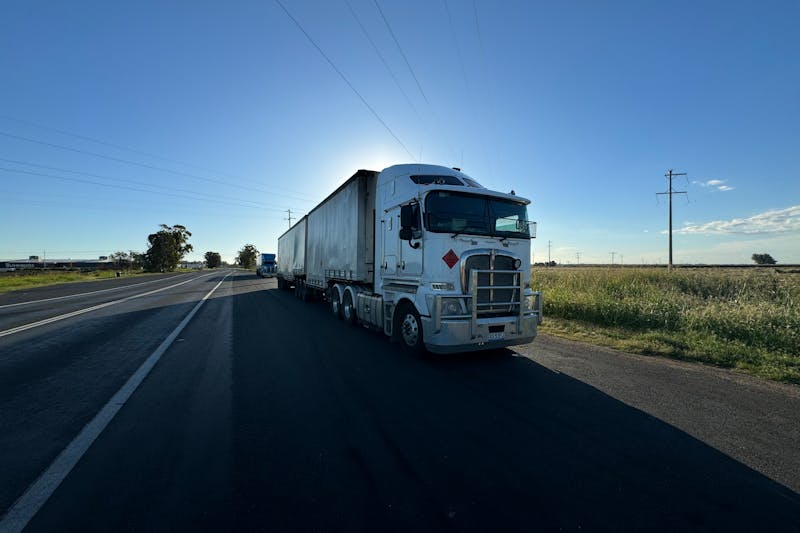Nursing Home Falls and Injuries
When is Nursing Home Fall More than an Accident?
When you are considering a nursing home for your loved one it is often because they are at a higher risk for falling while in their own home. An estimated forty percent of injuries that occur to elderly people are linked to falls. Falls are also one main cause of death for people who are sixty-five or older. You place your loved one in a nursing home or assisted living facility with the expectation that they will help prevent falls from occurring. However, many residents in nursing homes still fall at least one time per year. If someone you care about has fallen and been injured while in a nursing home, you should talk to one of our experienced nursing home malpractice lawyers with the Higgins Firm. We will review your case and work with you to make sure you receive the compensation you may be entitled to.
Nursing Homes Must Evaluate Residents for Falling Risks.
Nursing homes and assisted living facilities are required by law to evaluate the health and risks of each resident during the intake process. They are then required to create and follow a plan that meets the individual needs and safety concerns for that resident. In many nursing homes, these evaluation forms may be generalized and may not accurately assess a resident for their increased risk of falling and injury. If a nursing home fails to use this plan or the plan is too generalized to meet the actual needs of a resident, then they may be held accountable if a resident falls and gets injured.
What are Some Safety Concerns that may Lead to Falling in a Nursing Home?
There can be any number of hazards or safety concerns in a nursing home that may cause a resident to fall and become injured. Some of these hazards and concerns may include but are not limited to:
- Items in the hallways such as cords, equipment or a wet floor
- Not having safety measures in place such as bed rails, floor mats or a lower to the ground bed
- A fall occurring during a transfer to the bed or bathroom because of improper training or not enough staff
- Improper supervision of residents with mobility issues to prevent falling
- A resident being given too much or not enough medication which may make them dizzy and lead to falls
- Wheelchairs, walkers or other equipment that does not properly fit the residents’ needs
What are Some Ways a Nursing Home can Prevent Falls From Occurring?
Nursing homes and assisted living facilities have an obligation to attempt to prevent their residents from falling and getting injured. One of the main ways to prevent falls from occurring is to make sure that the staff is properly trained to transfer a resident to the bathroom or to the bed. It is also important that there is enough staff for each resident so that they are not left without the help or assistance they may need. If they try to move on their own, the chance of falling increases. Nursing homes can also put in grab bars near a toilet or sink to prevent a floor. Most beds used in nursing homes can also be lowered or raised to help with transferring and to prevent falls. If a resident is at a higher risk of falling, they should be given a call button so that they can ask for help when needed. Certain equipment such as floor mats, bed alarms or bed rails can also be used for fall prevention.
How can a Nursing Home Lawyer Help me?
It is important that when you are visiting your loved one in a nursing home that you check for signs of a fall such as cuts or bruises, or other injuries that may not have healed properly. When a resident falls in a nursing home, the nursing home is required by law to record the incident on the resident’s chart and to notify a relative within two business days of the incident occurring. If you suspect that your loved one has been injured in a nursing home due to a fall and the incident could have been prevented, then you should contact one of our knowledgeable nursing home and personal injury attorneys at the Higgins Firm. We care about our clients and will help you to get the compensation you need for what you have been through.
You can contact us online or by calling 800.705.2121 to discuss your case and any questions you might have.




![Average Settlement for Car Accidents in Nashville [What to Expect in 2025]](https://www.thehigginsfirm.com/wp-content/uploads/2025/03/car-accident-settlement.jpg)
